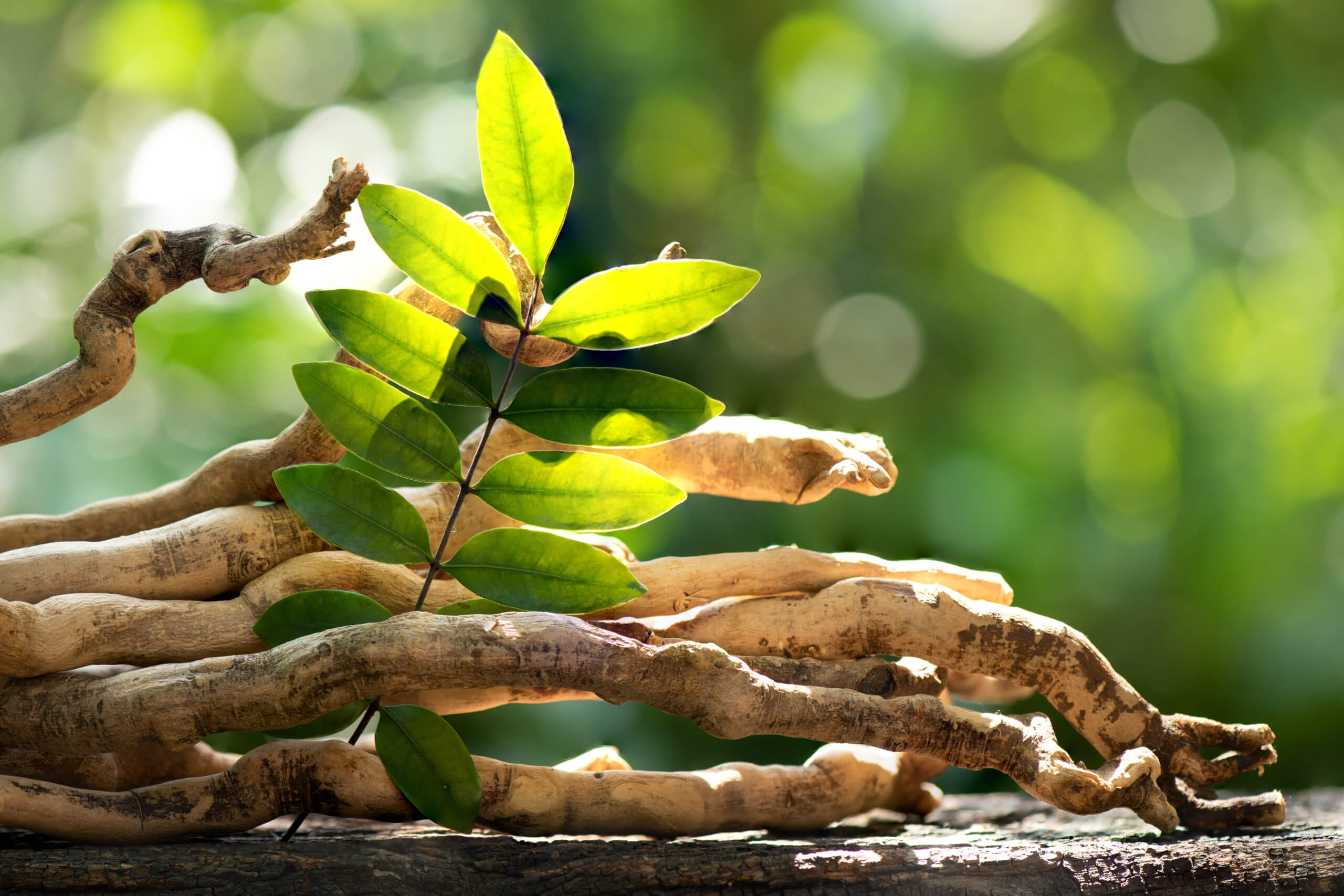Introduction
In the pursuit of optimal health, understanding the intricate connection between vitamins, minerals, and testosterone production is crucial. This article explores the roles of specific nutrients, including zinc and ashwagandha, shedding light on their impact on maintaining healthy testosterone levels.
The Role of Zinc in Testosterone Synthesis
Zinc stands as a fundamental mineral in the synthesis of testosterone, playing a direct role in regulating enzymatic processes. Ensuring an adequate intake of zinc is essential for maintaining optimal testosterone levels. Foods such as oysters, beef, and pumpkin seeds, rich in zinc, can positively influence testosterone production.
Recommended Daily Intake of Zinc
Maintaining an appropriate daily intake of zinc is vital. While individual needs may vary, a general guideline recommends around 11 mg for men. Meeting this requirement, either through diet or supplements like Mr Test, can significantly contribute to supporting testosterone synthesis.
Ashwagandha: The Adaptogenic Herb
Ashwagandha, an adaptogenic herb with a rich history in traditional medicine, is gaining recognition for its potential role in hormone balance, including testosterone. The adaptogenic properties of ashwagandha may help the body cope with stress, a factor that can impact testosterone levels.
Unveiling the Benefits of Ashwagandha
Research suggests that ashwagandha may positively influence testosterone production, making it a noteworthy addition to the arsenal of natural substances supporting hormonal health. Its adaptogenic nature contributes not only to testosterone but also to overall well-being.
Shilajit: Nature’s Testosterone Booster
Unveiling the Power of Shilajit
Shilajit, sourced from mountainous regions, is a natural substance rich in fulvic acid and minerals. Its potential in boosting testosterone levels and supporting overall vitality makes it a valuable component in the pursuit of hormonal balance.
Turkesterone: The Anabolic Agent
Harnessing the Benefits of Turkesterone
Turkesterone, a phytoecdysteroid found in certain plants, is recognized for its anabolic properties. Research suggests its potential role in enhancing muscle growth and supporting testosterone production. Incorporating turkesterone-rich foods or supplements can be a strategic move for those aiming to optimize testosterone levels.
Fadogia Agrestis: A Natural Aphrodisiac
Exploring the Aphrodisiac Properties
Fadogia agrestis, an herb from Africa with traditional uses as an aphrodisiac, shows potential in positively impacting testosterone levels. Recent studies indicate its role in supporting hormonal balance, making it a noteworthy consideration for those seeking natural approaches to hormone health.
Tongkat Ali: Traditional Tonic for Testosterone
Tapping into Tongkat Ali Benefits
Tongkat Ali, a herb steeped in traditional medicine, is recognized for its ability to support testosterone production. Rich in bioactive compounds, including eurypeptides, it contributes to hormonal balance and overall well-being. Integrating Tongkat Ali into your routine may offer a natural boost to testosterone levels.
Conclusion
A comprehensive approach to supporting testosterone production involves understanding the roles of specific vitamins and minerals. Incorporating zinc, ashwagandha, shilajit, turkesterone, fadogia agrestis, and Tongkat Ali into your routine may be a strategic move toward achieving hormonal balance and overall vitality. All of them are in Mr Test.
Related Posts
15/11/2024
How TongKat Ali Boosts Testosterone: What You Need to Know?
Struggling with energy levels, mood swings, or difficulty gaining muscle? These could all be signs of low testosterone.…
03/11/2024
Strategies to Combat Male Hair Loss
Male hair loss is a common challenge affecting men worldwide, with a multitude of factors contributing to this concern.…
22/10/2024
How to Combat Fatigue and Increase Energy Naturally for Men
Fatigue can sneak into your life for several reasons, and when it hits, it feels like you're dragging yourself through…
10/10/2024
Effective Strength Training Workouts for Muscle Growth
Strength training is one of the most effective ways to increase muscle mass. Whether you’re lifting weights or using…
28/09/2024
5 Lifestyle Changes to Improve Men’s Mental Health
Mental health is just as important as physical health, yet it often doesn't receive the attention it deserves,…
16/09/2024
How to Improve Prostate Health with Natural Supplements
Maintaining prostate health is crucial for men, especially as they age. A healthy prostate not only supports urinary…
04/09/2024
Supplements for Muscle Recovery and Performance Enhancement in Men
In the pursuit of fitness goals, muscle recovery and performance enhancement are two critical components that can make…
23/08/2024
5 Reasons to Add Mr Test to Your Muscle-Building Routine
Building muscle isn’t just about lifting heavy weights—it’s also about supporting your body with the right nutrients…
11/08/2024
Best Supplements for Men Over 40
As men age, their nutritional needs change significantly. For those over 40, supplements can play a vital role in…











